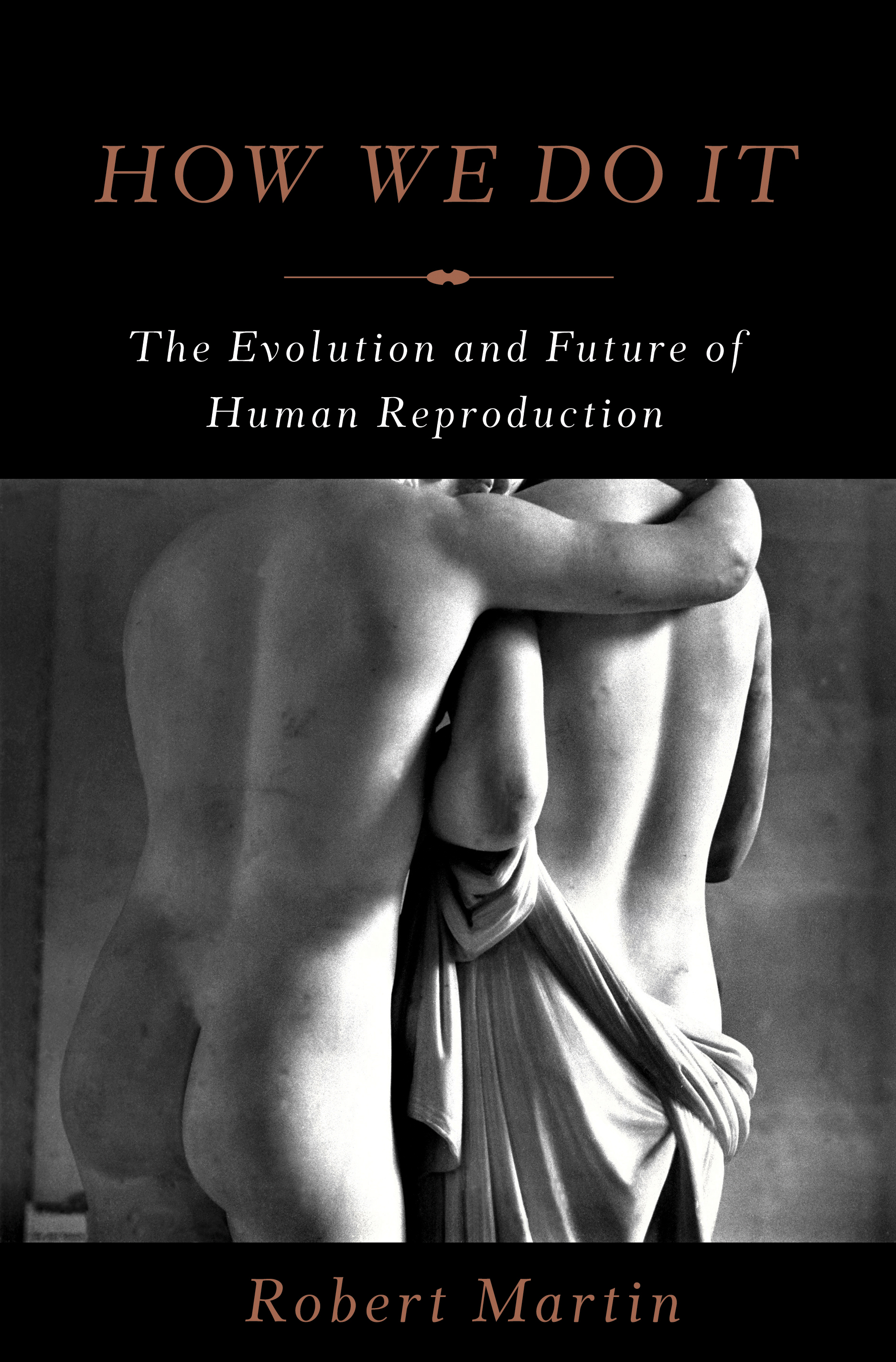Plus: A Human Time Poem
1. How We Do It. And By “It,” We Mean “It.”
“How long does pregnancy last?” Marlene Zuk writes for the Wall Street Journal.

“Nine months, of course, or more precisely, 40 weeks, and we can use the date of last menstruation as a reliable indicator of when the pregnancy began. But as Robert Martin notes in How We Do It, his meticulously researched account of human reproduction from conception to early childhood, ‘things are not always that simple.’ In many female primates, including women, monthly cycles persist into early pregnancy, for reasons still poorly understood. The date of conception is surprisingly hard to pin down, and due dates are as much guesswork as measurement.
“Mr. Martin’s humble but crucial acknowledgment that biology is unavoidably complicated – that we can’t capture millennia of evolution or decades of research in glib sayings about the sexes’ planetary origins or in single surveys of psychology undergraduates – is what makes How We Do It so compelling.
“It’s not that Mr. Martin, a curator of biological anthropology at Chicago’s Field Museum, claims that sexuality is such a morass of science, culture and mistaken beliefs that we should throw up our hands. Instead, he takes a calm, soothingly detached approach to the evolution of sex and child-rearing. No Mars and Venus, no extrapolations about why we evolved to love – or hate – strip clubs or whether bottle-feeding dooms a child to a life of puerile amusements and a career at the Kwik-E-Mart. Here instead are the facts of life as you may have never thought about them.”
Read More
Posted on July 24, 2013



